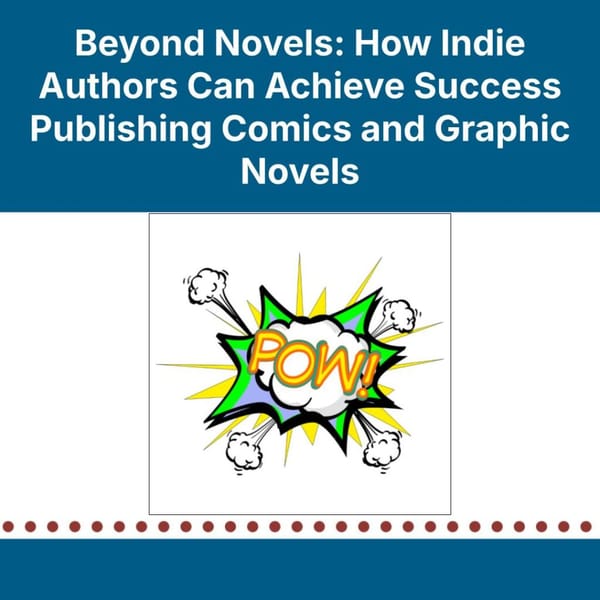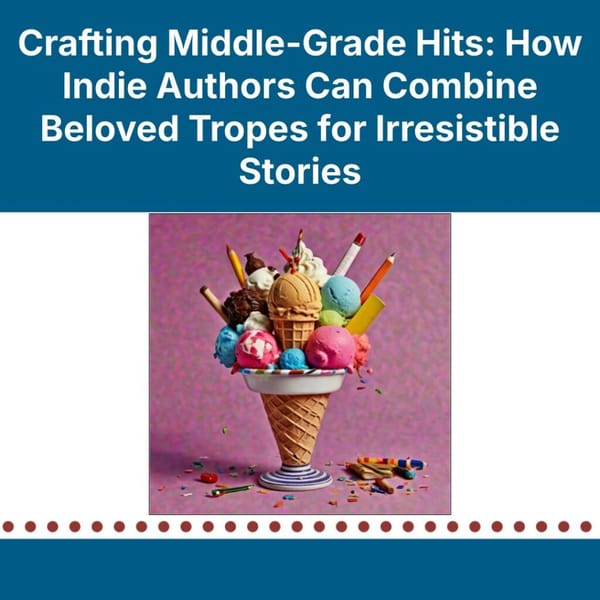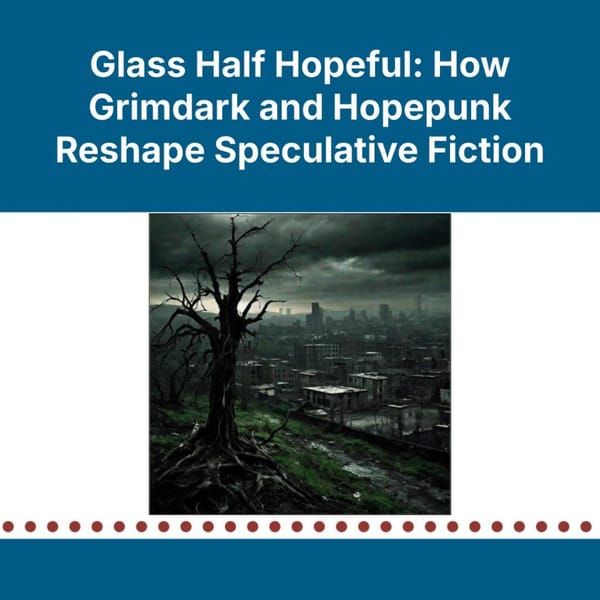What is Fanfiction?
Fanfiction is a vibrant literary subculture where enthusiasts delve into established fictional universes, crafting their own stories based on existing characters and settings. It's derivative work that allows new authors to explore alternate plotlines, character relationships, or events within the confines of their favorite books, movies, TV shows, and other media. Even retellings of fairy tales are fair game. Writers engage in fanfiction to express their love for a particular narrative, often adding depth to underdeveloped secondary characters or exploring hypothetical scenarios. It often features a strong LGTBQ+ representation, written by their community for their community and the world at large.
The community thrives on a sense of camaraderie, feedback, and shared passion for the source material, fostering a unique space for writers to experiment and hone their craft. The lure of using someone else’s world-building and characters, leaving the author to work on plots alone, can help a budding storyteller find their footing. However, the practice isn’t just for those who are beginner storytellers.
Why Would a Published Author Care about Fanfiction?
For published authors, delving into the world of fanfiction can be liberating. It offers a unique platform to engage directly with a passionate fanbase, creating an avenue for further connection and dialogue. By encouraging others to write fanfiction of their works, authors empower readers to become participants in the storytelling process, breathing new life into familiar characters and settings and becoming a source of promotion for their original books.
The feedback loop with fanfiction readers can provide insights into what resonates with your audience, helping you understand diverse interpretations of your work. Ultimately, embracing fanfiction can be a symbiotic relationship, fostering a dynamic exchange between creators and their devoted community.
Sometimes, a published author is the fan themself. Writing fanfiction of other author’s universes can be a palate cleanser, and while you cannot always publish the work of another for pay, you could still find readers for your author brand on fanfiction platforms. The fanfiction readers who enjoy your depictions of other author’s work could move on to your regular offerings.
The fanfiction genre doesn’t have to be just a fun writing exercise for beginning storytellers; whether as a low-stakes writing exercise or an unconventional marketing tactic, it can also be a worthwhile corner of the community for established authors to explore.
Where to Find Fanfiction
Archive of Our Own
https://archiveofourown.org
A favored platform for fanfiction, Archive of Our Own, also known as AO3, includes writing from both amateur and professional writers. The search engine is efficient and user-friendly.
Fanfiction.net
This is the largest fanfiction archive and forum. Their website features quality writing and a vast assortment of universes to choose from, which you can find via search or a well-organized folder system.
Wattpad
https://wattpad.com/stories/fanfiction
One of the better-known fanfiction platforms, Wattpad has a large selection of original content and fanfictions. Most of the work is geared toward young adult audiences.
DeviantArt
https://deviantart.com/search?q=fanfiction
More known for being an online art community of painters, illustrators, and photographers, DeviantArt also hosts a vibrant community of writers. You can find original stories, poetry, and fanfiction.
Lexicon of Terms Related to FanFiction
Beyond the typical trope names and genre trends that exist in most genre fiction, the fanfiction community has created many of its own terms, which could be confusing to a new reader. Below are explanations for some of the more common ones.
Angst: Emotional distress is a key element in angst-labeled fanfiction, where a significant emphasis is placed on portraying the profound unhappiness experienced by the characters.
AU: Alternate universe; describes a narrative that deviates significantly, often involving major changes to the plot, setting, or characters, diverging from the established canon.
Bashing: Describes a phenomenon where an author harboring dislike for a character or pairing manifests their aversion within the story by showcasing disdain for the character or pairing.
Canon: The foundational material from which fanfiction draws its inspiration. Any element existing in the original source material is part of the canon or is described as canonical.
Crossover: A fusion of various canonical sources.
Fan Service: Denotes scenes within the original canon source material intentionally crafted as nods to the fanbase. These may include in-jokes or bonus scenes designed for fans to recognize, catering specifically to them, rather than the broader viewer audience.
Feels: The powerful emotions evoked in readers by specific scenes or character developments within a story or canon, eliciting intense emotional responses.
Femslash: From female and slash; a fiction that explores a romantic or sexual connection between characters, both of whom are female.
Fluff: Charming, low-drama fanfiction, frequently centered on romance.
HEA: Happily ever after; describes narratives where characters experience romantic relationships culminating in a permanent pairing.
Het: Heterosexual; this type of fanfiction centers on a romantic or sexual relationship between a male and a female character.
H/C: Hurt/comfort; a fanfiction where a character undergoes suffering and is subsequently comforted or assisted in their recovery by other characters.
Idfic: Self-indulgent fanfiction. The term "idfic" is typically employed as a self-aware acknowledgment rather than as a criticism.
Lurker: Describes a reader who refrains from providing comments or reviews on a fiction or post.
Podfic: Describes a type of transformative work where fanfiction stories are presented in audio form through the podcast format.
Profic: Describes entirely original stories crafted with professional writing standards and published to generate profit. Many authors, who initially embark on their writing journeys through fanfiction before transitioning to professional realms, opt to remove any unauthorized fanfics from the internet upon achieving success to avoid potential copyright infringement issues.
Shipper: Describes an individual who advocates for the concept of two particular characters engaging in a romantic or sexual relationship.
Slash: Denotes the inclusion of a same-sex relationship involving at least one established canon character. It may or may not encompass explicit sexual content. The term is derived from the "/" symbol used to signify the specific characters paired together, originating from the Kirk/Spock (Star Trek) slash pairing over four decades ago. Male/male homosexual content is universally referred to as “slash.”
Wendy Van Camp










